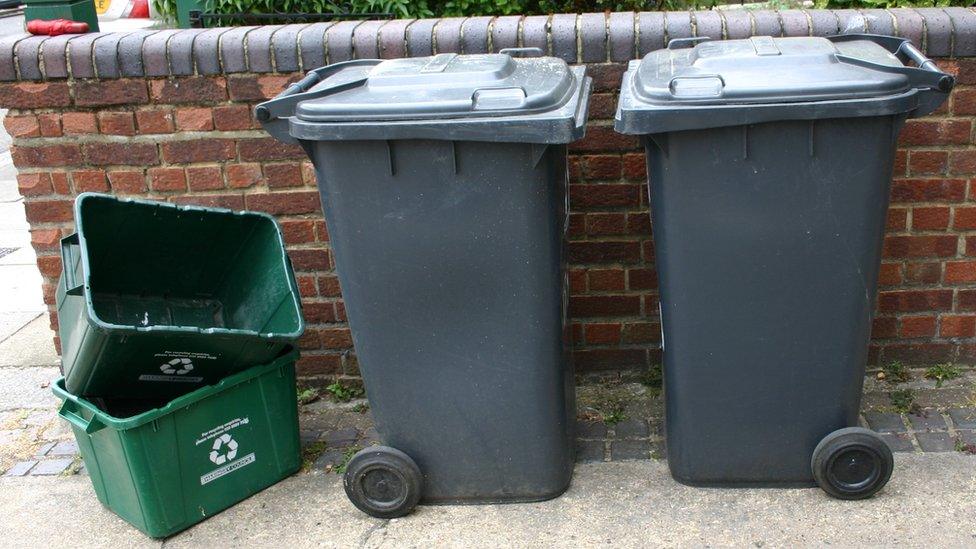Questions asked over 'lockable' donkey-proof bins
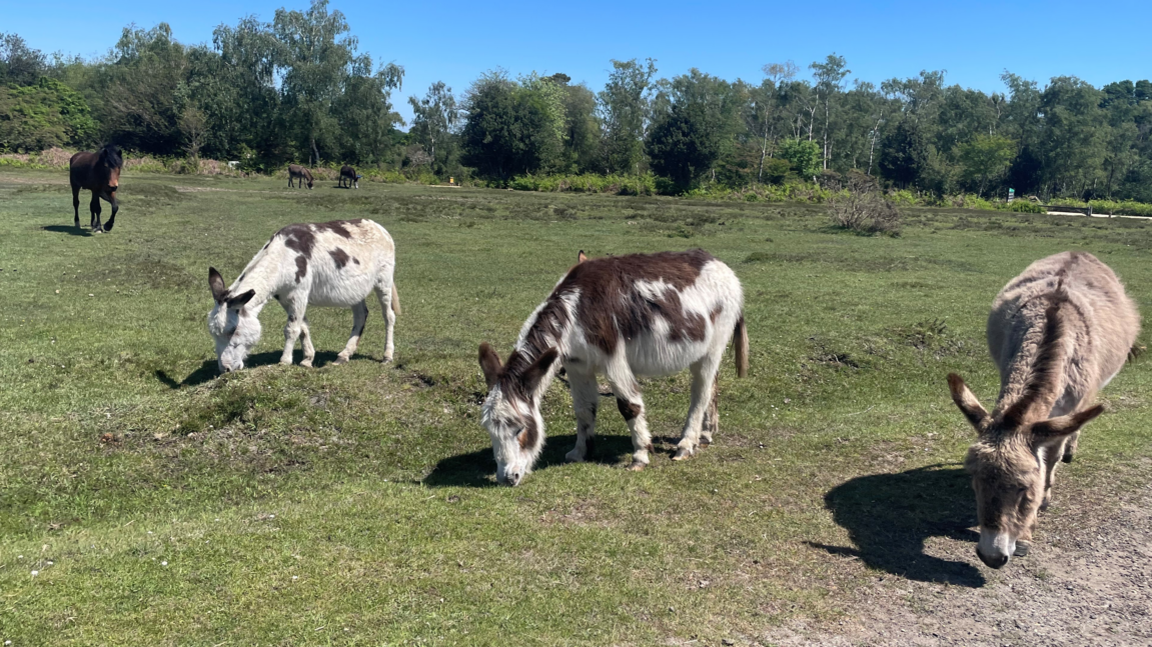
There are thought to be about 300 free-roaming donkeys in the New Forest
- Published
More secure bins should be introduced to prevent animals accessing food waste left out for recycling, a councillor has urged.
New Forest District Council said last month it was monitoring its roll out of wheelie bins and food waste caddies following reports of free-roaming donkeys and ponies breaking into them.
Animal owners have called for food-waste collections to be suspended and Brockenhurst Green Party councillor Adam Parker said having lockable bins would be a "common-sense solution".
The council said it would add time and cost to waste collections and that its brown outdoor food caddies could be put in a locked position by putting the handle in an upright position.
The wheelie bins and caddies are replacing single-use black and clear plastic bags for New Forest residents' domestic and food waste, plus recyclables.
In June the council said it had seen cases of donkeys in the national park "interacting with waste containers".
Speaking at a meeting of the full council Parker said: "The common-sense solution to what's been happening in Brockenhurst is to disregard the 'one size fits all' policy – and let people leave their bins behind their gates and fences if they're at risk of donkeys.
"Had lockable bins been considered under the £5.6 million food waste recycling collection scheming?"
Portfolio holder for environment and sustainability councillor Geoffrey Blunden said while using lockable bins only added a few minutes to emptying each bin, cumulatively it "would add excessive time, cost and staff to complete rounds".
"The new bins are an improvement from the plastic black sack easily ripped apart."
He said the scheme is being monitored, with a residents' complaint forum to be set up to aid changes in the operation – but said it is not a big issue at the moment, according to the Local Democracy Reporting Service.
A council spokesperson said: "We advise residents in areas with free-roaming animals that they may want to lock their caddy by pushing the handle forwards and down (rather than the upright lock), which also keeps the lid tightly shut."
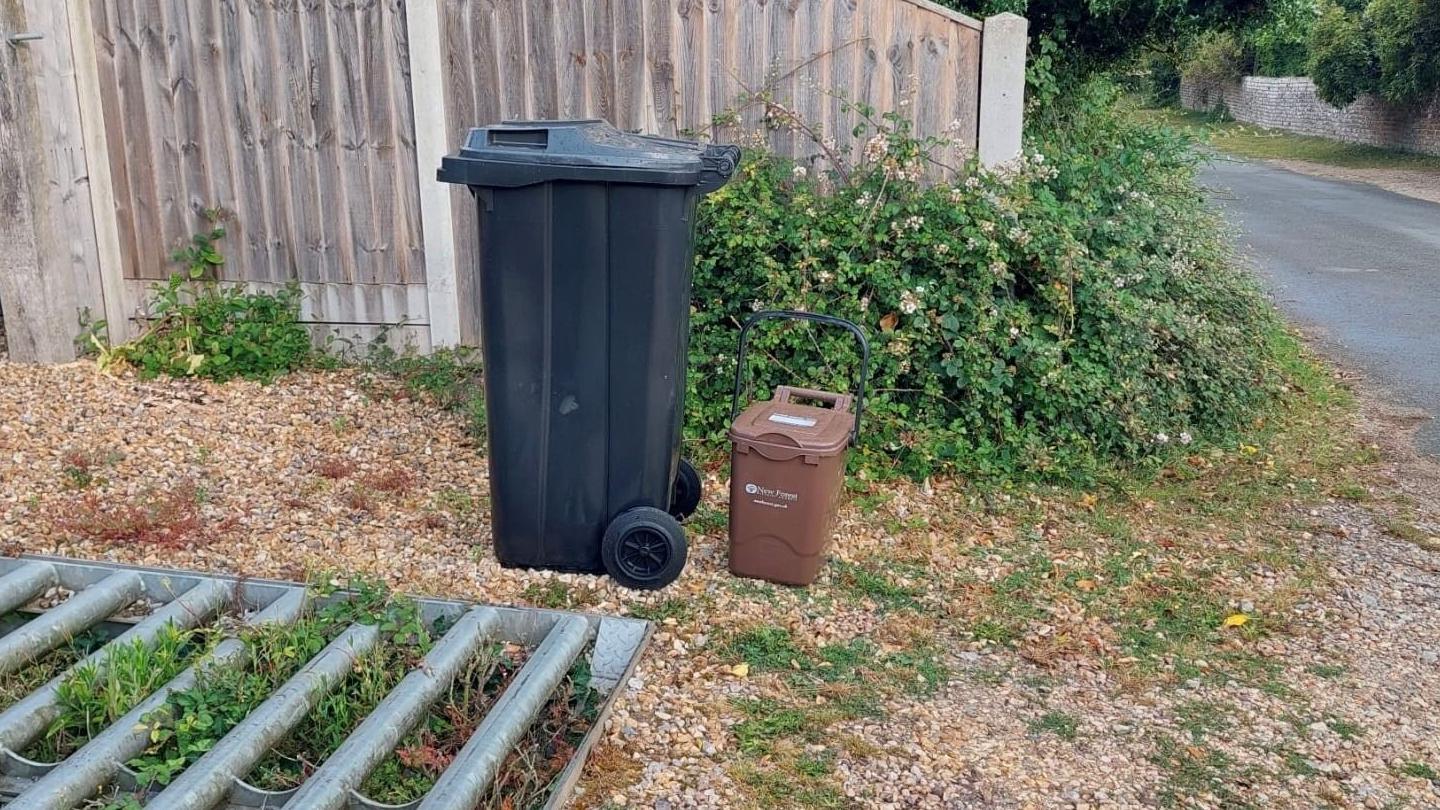
Livestock owners have called for bins to be left in areas the animals cannot access
The national park's free-roaming ponies, pigs, donkeys and cattle are owned by commoners - people who own or occupy land with ancient rights attached.
Commoners have raised concerns about animals seeing the bins as a "potential food source", which could damage their health.
At a meeting of the Verderers Court which administers commoners' rights, Commoners Defence Association (CDA) chairman Andrew Parry-Norton said the issue "would only worsen" with the approaching pannage season, when pigs are turned out onto the forest in autumn.
"Urgent discussions need to take place involving all interested parties, maybe suspending the separation of the waste food from general waste until this problem is solved," he added.
The move to wheelie bins was given the go-ahead in 2022 with the council insisting they were needed to increase recycling rates, while opponents argued they were unsightly and costly.
Get in touch
Do you have a story BBC Hampshire & Isle of Wight should cover?
You can follow BBC Hampshire & Isle of Wight on Facebook, external, X, external, or Instagram, external.
- Published28 June

- Published13 April
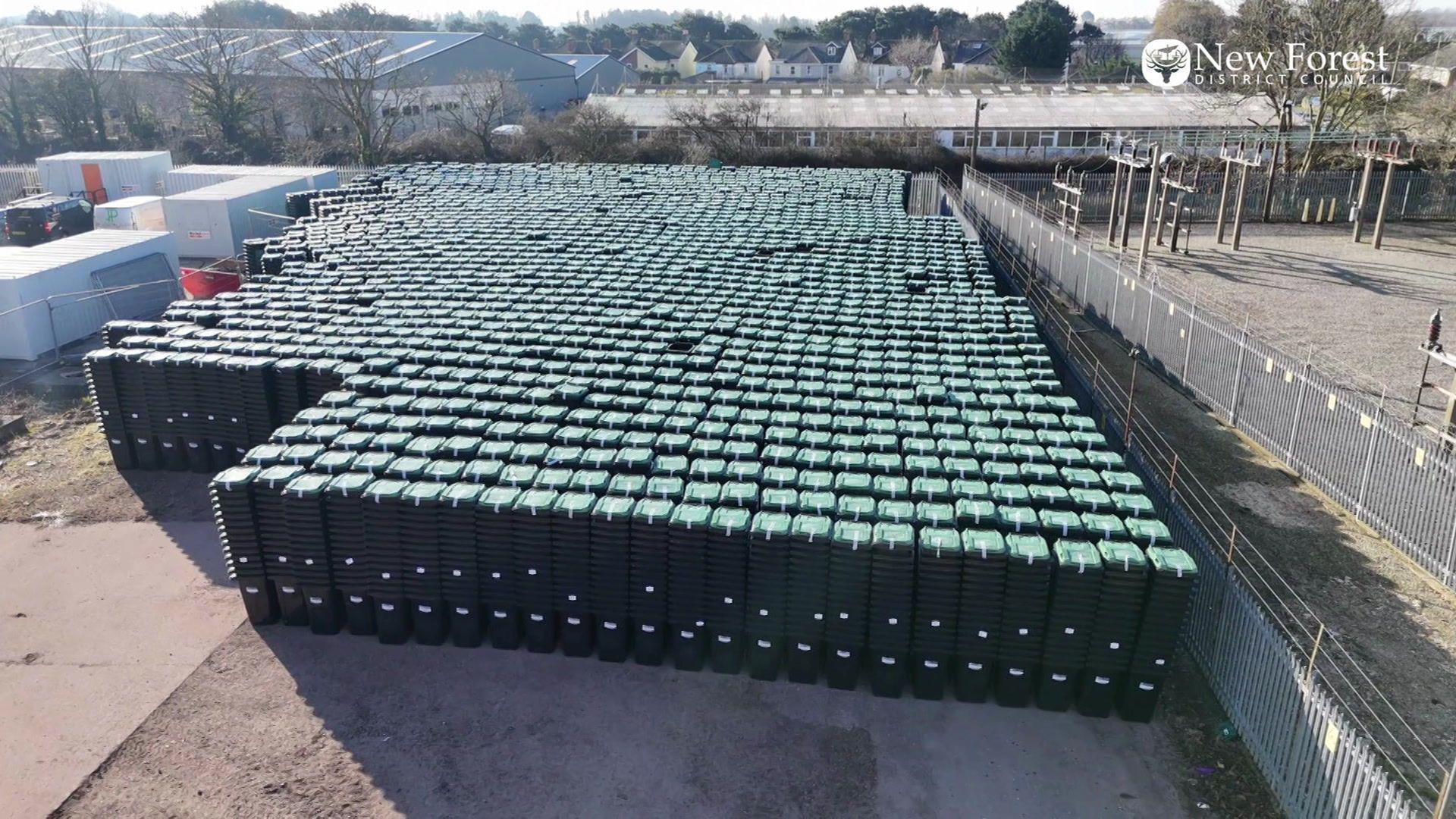
- Published4 February
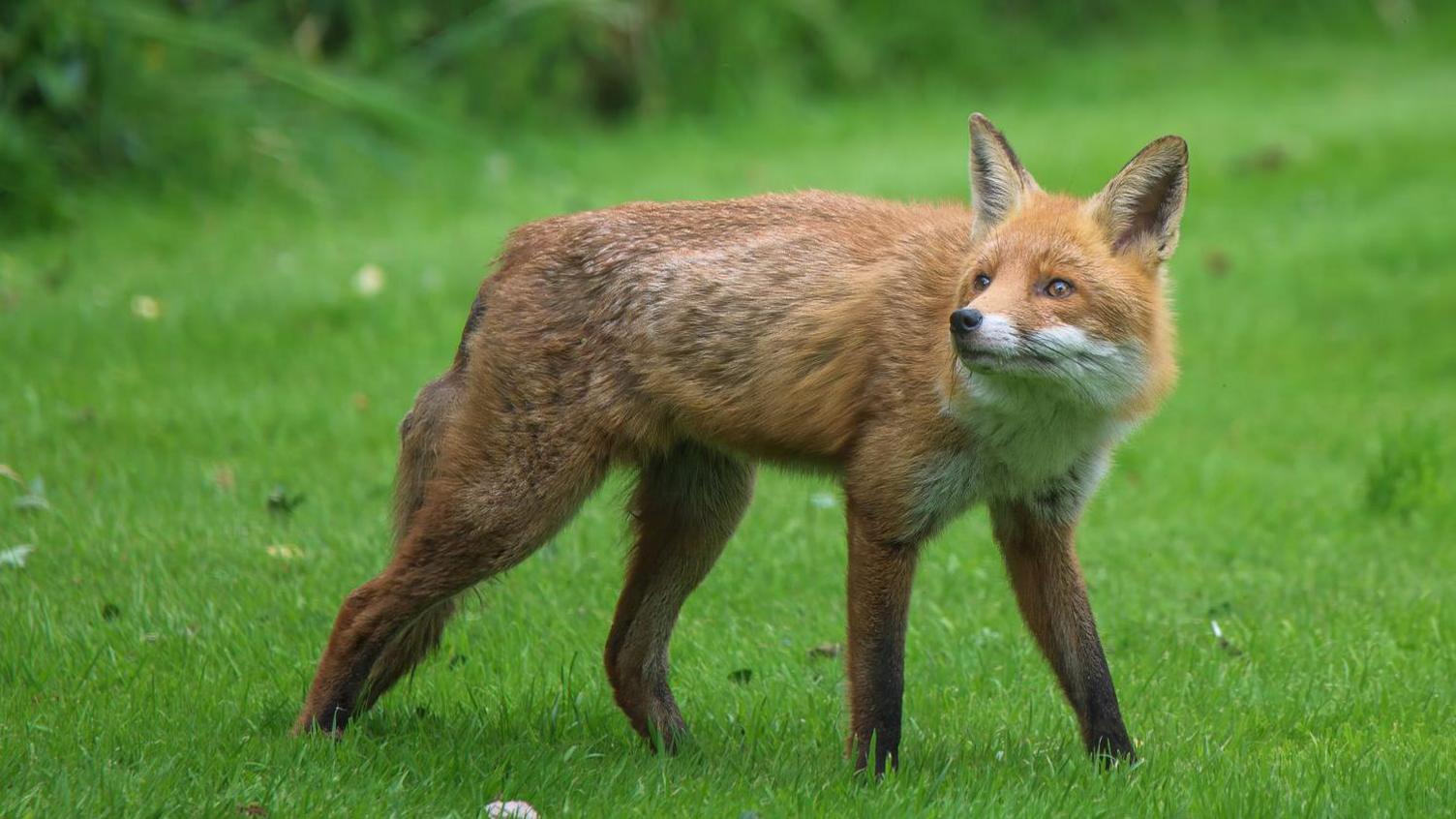
- Published10 June 2022
